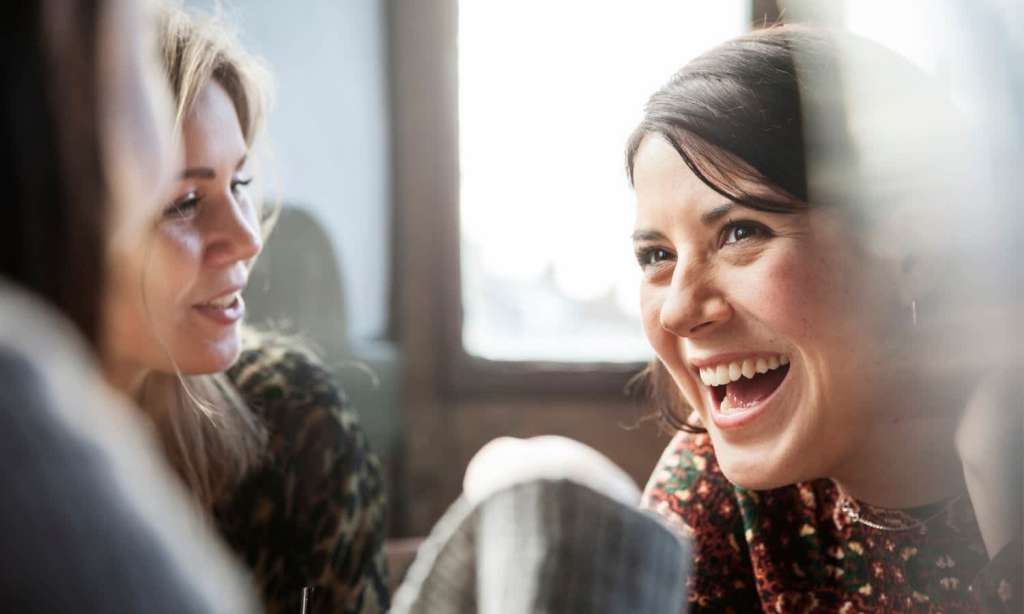I’ve been out of Sydney lockdown 2.0 for a couple of weeks now, and I’m drained, both physically and mentally. While I had a slow start (lockdown lifted on a Monday and I barely enjoyed any freedoms until the weekend), once I did ease back into life pre-lockdown, I went hard. And it caught up with me, big time.
I lost my voice. I felt perpetually tired and couldn’t concentrate. And I had a constant niggling sense that I was losing control. That my life was slipping out of my fingers.
So, while the last couple of weeks have been great, catching up with friends again and getting out and about, they’ve also taken a toll on my wellbeing. And, after doing some digging online, I realised one of the reasons why is that I’m experiencing a social hangover.
While not a clinical term, a social hangover is increasingly being used to refer to the feelings after spending time in social settings, especially post-lockdown, explains Amber Rules, a psychotherapist at Rough Patch Counselling.
“Social hangover feelings can include tiredness, overwhelm, malaise, mental exhaustion, needing time alone and other difficult feelings,” Rules says.
She says that it’s likely we’re feeling this way after our activities now being significantly different to our prolonged periods of routine when we didn’t have as many social engagements.
“COVID and all of the accompanying restrictions and changes has been an enormous mental strain on us all,” Rules says. “We’ve had to adjust and re-adjust to so many things, and this takes emotional and mental energy.
She explains that because of that constant re-adjusting, people don’t have the same amount of energy and capacity for social functioning as they usually would, which is likely to lead to a feeling of overwhelm after socialising.
From a technical standpoint, what’s happening in our bodies is that we’re contending with the aftermath of nervous-system overload, says Rules.
When we spend time with people, especially in large crowds or loud places, our body is in a state of over-stimulation. We’re responding to lots of different stimuli, using the social part of our brains, and generally being hyper-aroused. If then, we become out of practice (or if we’re a natural introvert), this can be exhausting and we need time to rest and recover.
“We might also be pushing ourselves to do more social activities than we usually would, just because we finally can,” Rules adds.
So, what can we do about it? Well, firstly, it’s important to note that social anxiety is normal — we just move up and down on the spectrum.
“After a period of very little social engagement, it’s completely normal to feel overloaded or overwhelmed by social situations,” says Rules. “Most people will be able to successfully re-adjust over time, but if you find yourself continuing to feel socially anxious, it’s a good idea to seek some professional support from a counsellor.”
As for how you can stop yourself from feeling those social hangover feelings, know that you don’t need to force yourself to stop them. Instead, just be gentle and compassionate with yourself, remembering that it will likely pass.
“We haven’t been flexing our social muscles for over 100 days, so it stands to reason that it will be a bit harder for a while,” Rules says. “Pace yourself, and plan for self-care after social engagements. Remember that we have all just been through a tough experience, and it will take a moment to readjust, which is very human.”
Read more stories from The Latch and subscribe to our email newsletter.







